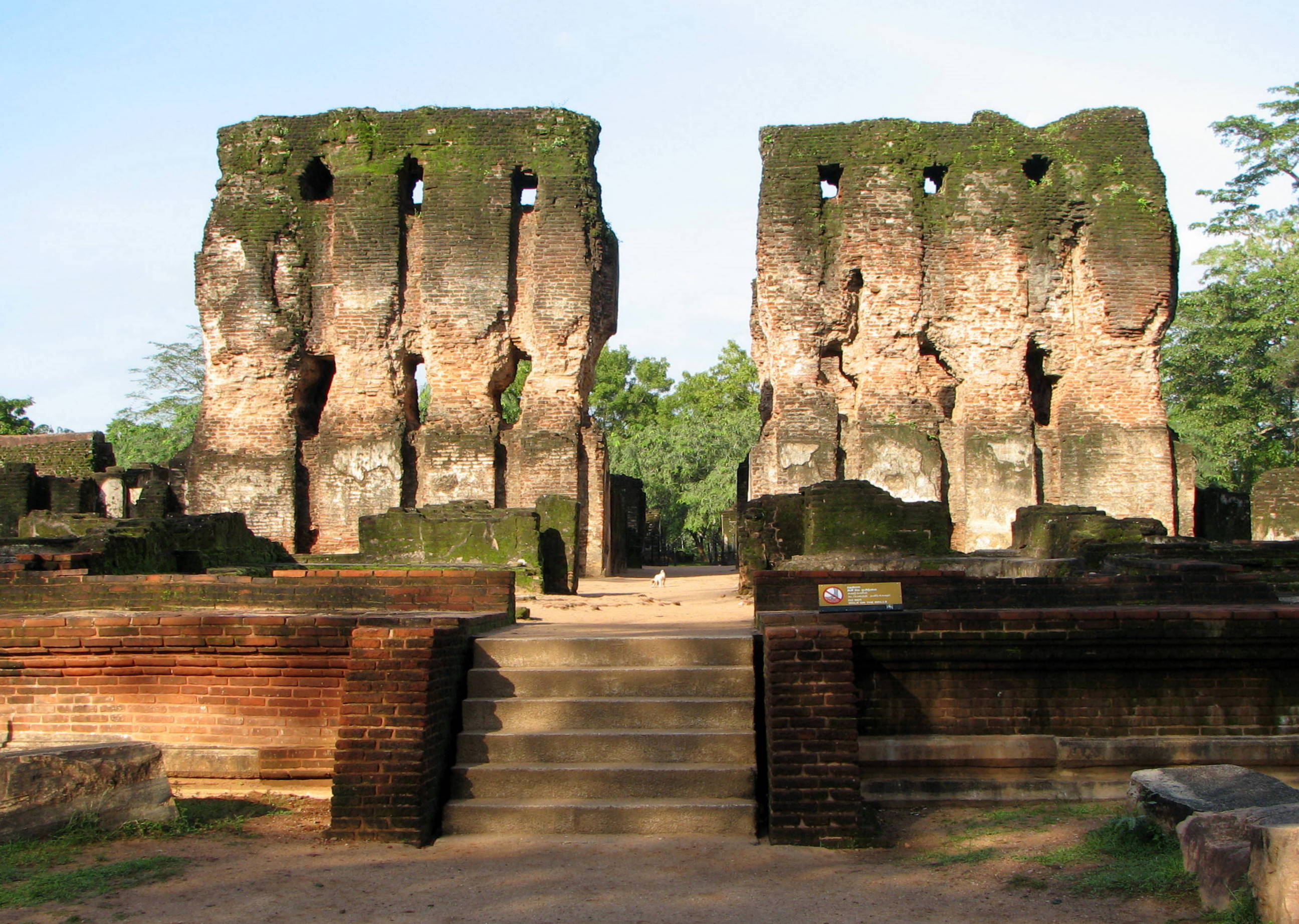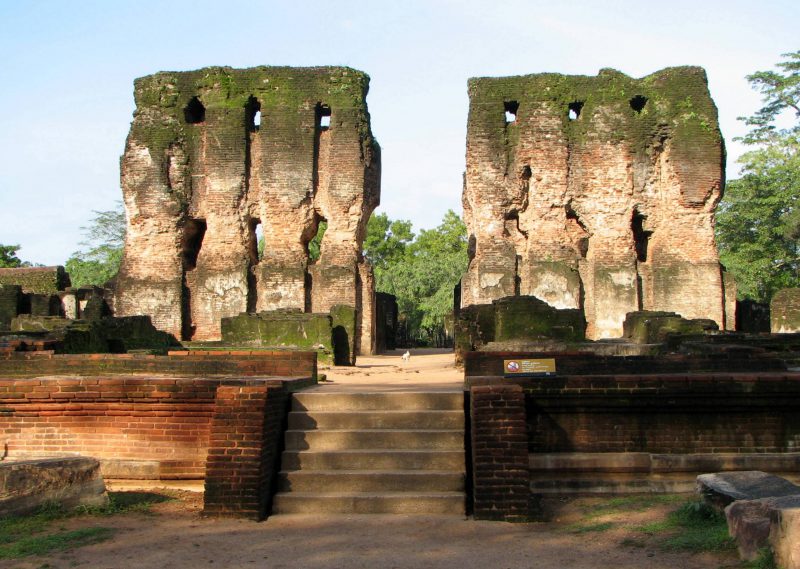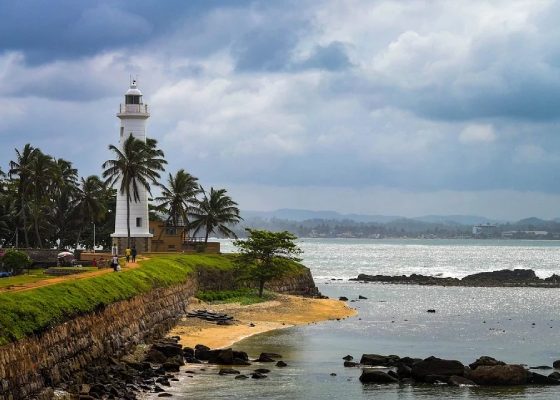Famed as the pearl of the Indian Ocean, Sri Lanka is a nation that boasts a vibrant culture that is a product of over thirty thousand years of history. Read on to know more about the significance of Sri Lankan culture
A short stroll down the history lane
The nation’s main religion – Buddhism was brought to the country in during the rule of king Devnampiyatissa during his reign of Anuradhapura between 247 to 207 BC. To witness Sri Lankan history in all its glory, visit the cultural triangle which is composed of cities such as Polonnaruwa, Kandy and Anuradhapura and Dambulla. You could seek assistance from tour organisers the likes of Tangerine Tours to visit these destinations and to enjoy for one of the best Sri Lanka adventure tours.

Ethnicities
Due to a number of invasions from around the globe, people from different ethnicities have migrated to Sri Lanka, the different ethnic groups in the country today are Sinhalese, Tamils, Muslims, Moors, and Burghers. The religions in the country are namely Buddhism, Hinduism Christianity, and Islam. the vibrant diversity in religion and ethnicity makes Sri Lanka one of the most culturally rich countries in Asia.
Celebrations
The country has a number of festivals and celebrations throughout the year; two of the most important ones are the Independence Day – which falls on the 4th of February and the Sinhala-Tamil New Year which is celebrated in mid-April based on an astrological timetable.

Social Etiquettes
The people of Sri Lanka, though they are from different ethnic and religious backgrounds, live harmoniously as people of one nation and under one name – Sri Lankans. They are known the world over for their hospitality and friendliness. They greet foreigners with a heart-warming smile and with a hand gesture of worshipping along with the term “Ayubowan” which means long life in Sinhala.
Caleb Falcon is a travel writer who specializes in writing content based on the many exciting world adventures that await intrepid travellers. Google+











